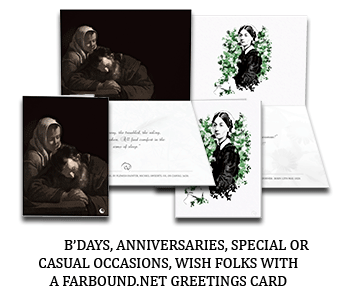Photographer: unknown.
South Court, Malabar Hills, Bombay, India.
With smiles belying the tension, Muhammad Ali Jinnah and Mohandas Karamchand Gandhi stand side by side during their historic meet of September 1944, in this photo captured by an unknown photographer, which was later acquired and curated by the British Museum.
By 1940s as relation between the All India Muslim League and the Indian National Congress had deteriorated over differences. Communal riots since their beginning in 1923, had continued. And Muhammad Iqbal’s theory of a two nation state (expressed in 1930) gained popularity with a large percentage of Muslims. Gandhi had met Jinnah at his residence at South Court, Malabar Hills, Bombay to resolve issues and avoid the partition of India. Which by his time many had come to view as an agreeable solution. Specially, ex congress member, C. Rajagopalachari who had produced the C.R. formula as a remedy to sooth the growing stress with one of its principle clause strongly in favour of a separate Muslim state based on the direct vote of the people – inspite opposition from within the Congress itself.
Though Jinnah during his early years as a political activist had been a member of the Indian National Congress and a staunch advocate of Hindu-Muslim unity. Responsible for uniting the All India Muslim League with the National Congress party to jointly campaign for India’s independence. In later years, undermined and disillusioned with Congress ideologies and proceedings, he had parted ways and somewhere down the road becoming strongly influenced by Muhammad Iqbal’s teachings, cultivated a great concern for the security of the Muslim population of India and their identity that despite its great number was still a minority among the larger Hindu people – led by a dominant Congress party that as days went by was unconsciously asserting its Hindu roots and becoming rigid in its policies, much to the alarm of its Muslim members.
In the 1944 meeting between Gandhi and Jinnah, that lasted from 19th of September to 24th of September, the former had represented the interests of nearly 100,00,000 Muslims. Although significantly less than Gandhi who represented over 300,00,000 of a still undivided country’s populace (Hindu and Muslims included), Jinnah had stood firm by his Lahore resolution of 1940 in which he had demanded greater Muslim autonomy and later frankly stated, Hindus and Muslims were two seperate people, distinct in culture and history, and entitled to dwell in separate nations.
While some scholars opine, Jinnah had used the notion of a separate state as a gamble to secure a better position for the Muslim people and the Muslim League in a larger political framework. The negotiations that took place during this month had ultimately failed with neither Gandhi or Jinnah able to convince the other.
The stalemate had eventually culminated in a general election in 1946. In which the Muslim league winning 90% of the seats reserved for Muslims had proceed with the formation of the country of Pakistan on the 14th of August, 1947. Forcing both the Indian National Congress and the British Government to recognize their claim.





